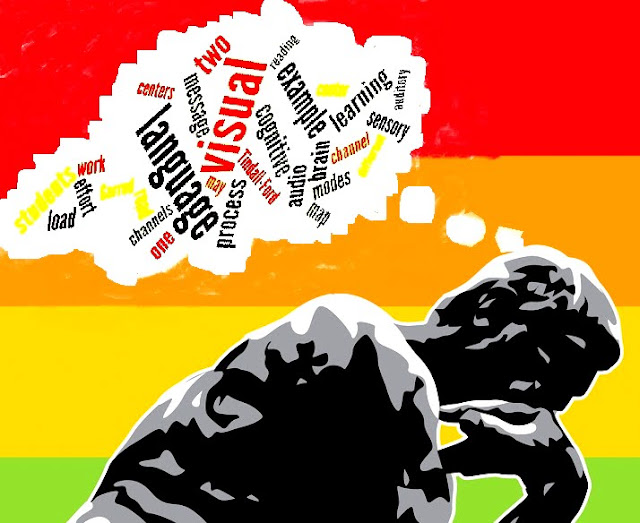Think about your own learning – the resources and tools you use, where and when it takes place.
Early mornings from 4.00am, weekends, mornings only 'til 10.00 or so.
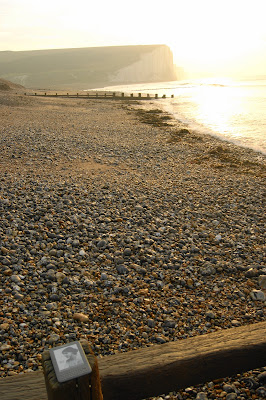
Occasionally some reading in the evening.
But vicariously too, in a conversation, or going for walk, say looking at pebbles and shell washed up on the shore, or the layers of deposits in a chalk cliff.
What is your experience of being a learner?
If I'm not learning something new or building on my knowledge I am bored. I'm staggered I survived formal learning, I found the Oxford approach tedious, skipped all lectures, and relied instead on libraries and Blackwells which could between them supply every book or journal I wanted.
I failed to get far with a correspondence course on writing.
I learn best with a mixture of doing, reading/workshops and further application. I can be inspired or frustrated by my peer group. They can be a vital part of the mix, a course I did across Europe having the most refreshing mix of people.
What tools and resources do you use?

I'm slowly getting it all down to the iPad for its speed to the web, then grabbing and pasting into websites that I use as folders, eportfolios, writer's journal as well as open blogs. I also chuck things into my email folders to collate, aggregate or check through later.
What are your views on different technologies?
I make the time to try most things and will become temporarily hooked. Currently fixated on Linkedin, Wordpress blogs and Stumbleupon.
Likely to read most content as an eBook putting notes into iWriter. This is in stark contrast to printing everything off a year ago then filing it.
Forever grabbing screenshots or taking pics that go from Picasa to Picasa Web and then into blogs.
Can you think of examples where technology has made a significant difference to the way you learn?
When I started the MAODE I fell back on methods I had used during A' levels snd quickly filled several files.

A year on and I hold the iPad in my right hand and manage a kind of touchtyping with the other. I try not to rely on harddrives and memory sticks instead putting it online, increasingly as private or password protected entries in a number of blogs hat act as themes or categories.
I would worry about learning away from The OU and finding the VLE not up to scratch or being cut-off from fellow students.
Can you think of counter examples where you had a bad experience of a particular technology?
I hate Outlook and Excel.
I both instances I feel the nerd has taken over, that my mothball of a mnd is being shoe-horned into a match-box. Worse, My unregimented, freefalling, excitable mind is being containerised, my best thoughts quaterised. It disables some minds and enables the petty. These are to me like walking in crocodiles to the school dining hall; they are overly prescriptive.
I am starting to hate Word 2011 in favour of an iPad App, iWriter which is less like trying to write while dressed as a Morris Dancer and playing the Great Whurlitzer.
Interested in the potential of computers I joined an undergraduate group in 1983 but found having to learn programming was akin to sticking stamps onto envelopes with my toes.
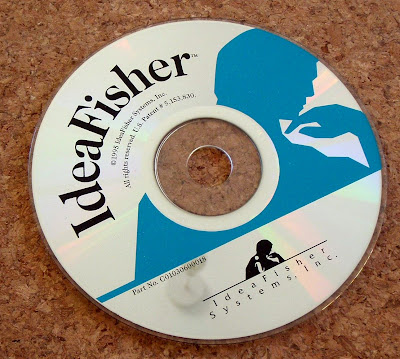
I used interactive DVDs successfully to learn AdobePhotoshop, FilemakerPro and Dreamweaver.
Simply a voice talking through the screen shots then getting you to do the same. The next best thing to having someone sit at your side and be your guide.
All self-paced, vital as I might prefer to do 20 intensive hours in one shot rather than nibbling at it.
What did this do to your motivation for learning?
There must be intrinsic motivation.
How did you deal with the situation?
Giving up. Which I know now was unnecessary. Thinking my mind isn't suited to a thing instead of tackling it.
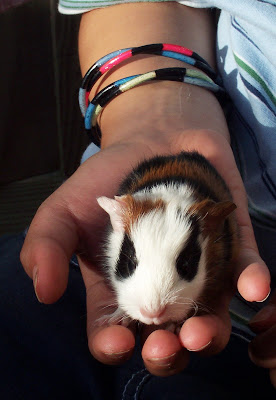
Support is vital.
Some formal training, then support at your shoulder. Time to figure it out. Understanding as you get it wrong. Those expert at these things can be unsympathetic to new comers, assuming their knowledge, rather that helping or nuturing.
Had the motivation been there could I have found my own way into the technology I do wonder.
I love the intuitive, where the learning is self-directed and incremental. Anything that needs an instruction manual or behaves like the off-side rule will put me off.
I love the Sony flip. IT just does video. Like Google 'just does search'.
Excessive bells and whistles should be offered as Apps to add later rather than being offered up front.
Visualing metaphors I use to explain learning online:
It is like the letter a ...
- A dandelion in seed (Content online)

- The solar system (Social Media Networks)

- Drops of ink in water (Content online)

Akin to my ever changing Personal Learning Environment mindmap:
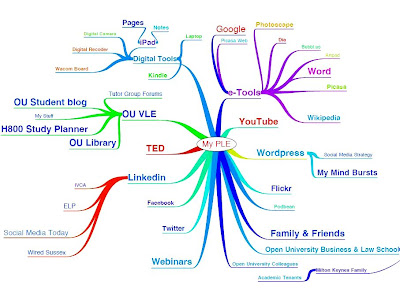
- Lichen (How your knowledge grows/links)
- Ball-bearings (Dependency and interaction)
- A map (layouts, representation)
- The water-cycle (Binary code as water molecules)
- A Catherine-wheel (Spinning beautifully then falling of its stand!)

- A glider riding a thermal (Personal development)
- Delibes, Lakme. (Music as metaphor. Dance. Entanglement. Rising)
- Learning to sight read music
- Soaring and bound
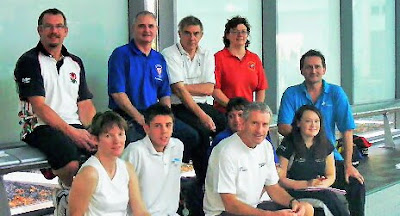
- Swimming pool (coaching/training)
Each might emphasise different aspects of the process: –
- What is being learnt
- Contexts
- Audiences
Ways of expressing yourself
- Empathy
- Shared experience
What artifacts (tools, resources, etc.) are being used?
Where and when things are happening
- IPad
- Photoscspe
- Picasa
- Artpad
- Bubbl.us
- Wordle
- MRI scan
- Engestrom's activity systems
- Google Images
- David Mcandless
